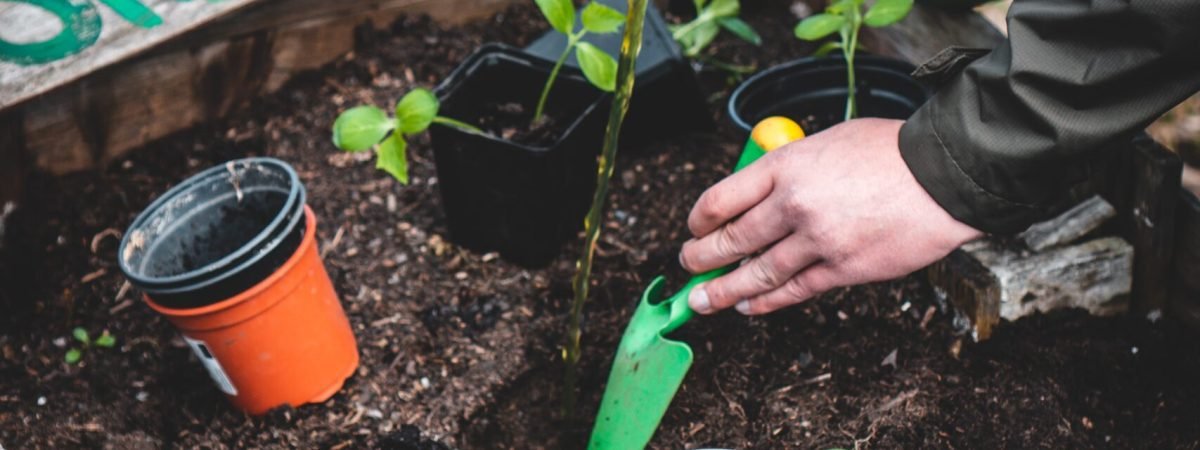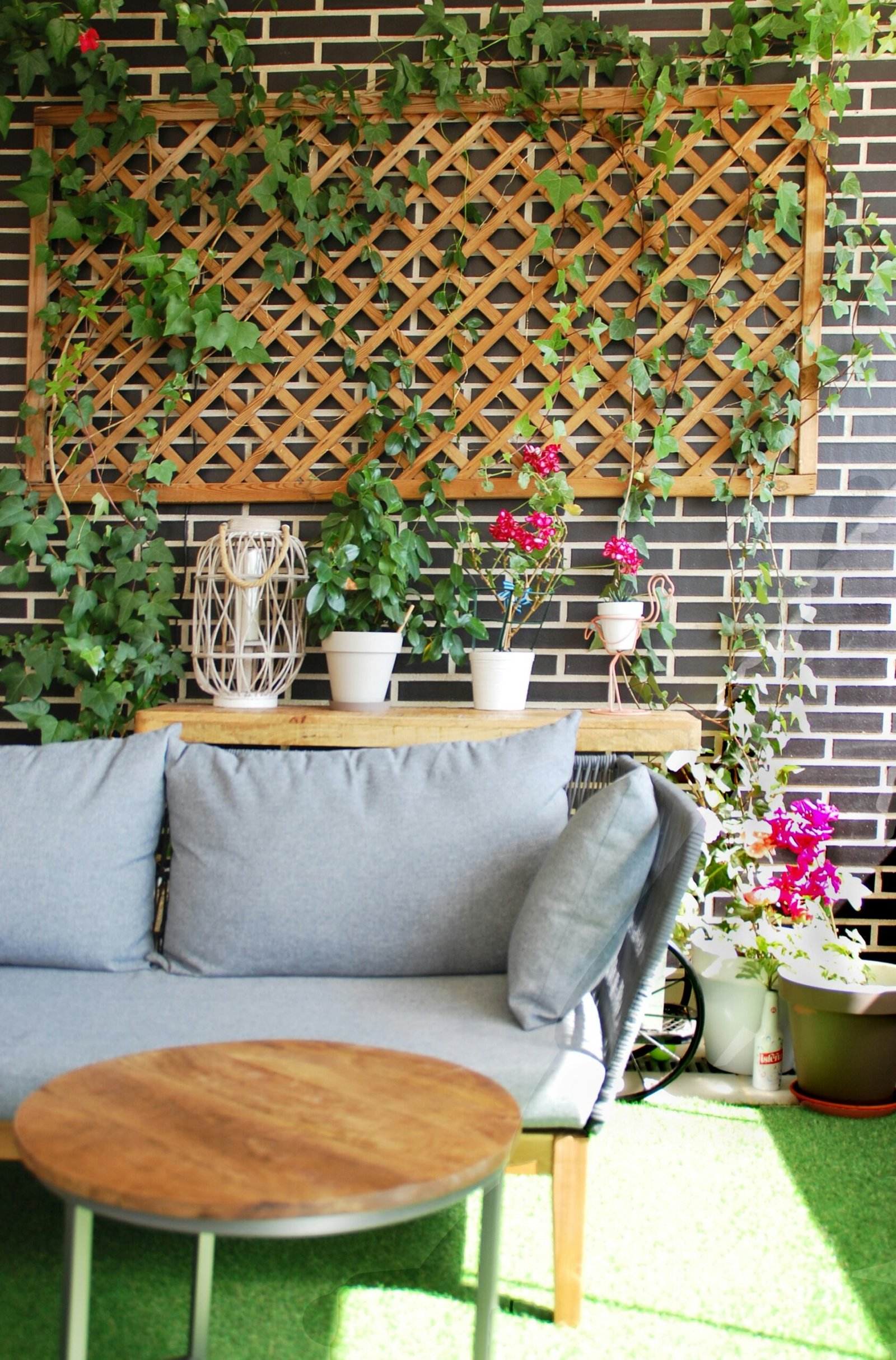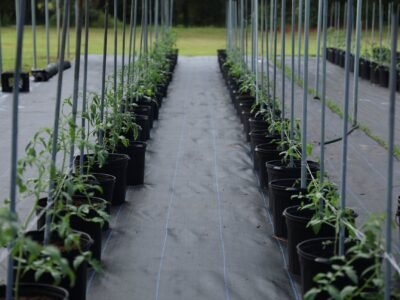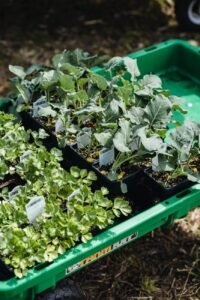Introduction
Gardening is not only a rewarding hobby but also an opportunity to contribute to a more sustainable future. By adopting eco-friendly practices in your garden, you can minimize your carbon footprint, conserve resources, and create a healthy and thriving environment for plants and wildlife. In this blog post, we will explore some sustainable gardening practices and provide you with practical tips to make your garden more eco-friendly.
1. Composting
Composting is a simple and effective way to reduce waste and enrich your garden soil. Instead of throwing away kitchen scraps and yard waste, create a compost pile or bin. Add a mixture of green materials (such as fruit and vegetable peels, grass clippings, and coffee grounds) and brown materials (such as dried leaves, straw, and wood chips) to your compost pile. Turn the pile regularly to help it decompose faster. The resulting compost will nourish your plants and improve soil structure.
2. Water Conservation
Water is a precious resource, and conserving it is essential for sustainable gardening. Consider installing a rainwater harvesting system to collect and store rainwater for irrigation. Use a soaker hose or drip irrigation system instead of overhead sprinklers to minimize water evaporation. Mulch your garden beds to retain moisture and reduce the need for frequent watering. Finally, water your plants early in the morning or late in the evening to prevent water loss due to evaporation.
3. Native Plants
Choosing native plants for your garden is a sustainable choice. Native plants are adapted to the local climate and require less water, fertilizer, and pesticides. They also provide habitat and food for native wildlife. Research which plants are native to your region and incorporate them into your garden design. Native plants not only support biodiversity but also add beauty and interest to your landscape.
4. Organic Pest Control
Avoid using synthetic pesticides that can harm beneficial insects and pollinators. Instead, opt for organic pest control methods. Use natural predators like ladybugs and praying mantises to control pests. Plant companion plants that repel pests or attract beneficial insects. You can also make homemade insecticidal soaps or sprays using ingredients like neem oil, garlic, or hot pepper.
5. Reduce, Reuse, Recycle
Adopt the three R’s in your gardening practices to minimize waste. Reduce the use of plastic pots and containers by reusing and repurposing items like old buckets, cans, or wooden crates. Compost plant trimmings and fallen leaves instead of sending them to the landfill. Recycle plastic bottles, cardboard, and other garden waste whenever possible. By practicing the three R’s, you can reduce your environmental impact and create a more sustainable garden.
Conclusion
Sustainable gardening practices are not only beneficial for the environment but also for your garden’s health and productivity. By composting, conserving water, choosing native plants, using organic pest control, and practicing the three R’s, you can create a beautiful and eco-friendly garden. Let’s all do our part in preserving the planet and making our gardens a haven for nature.















